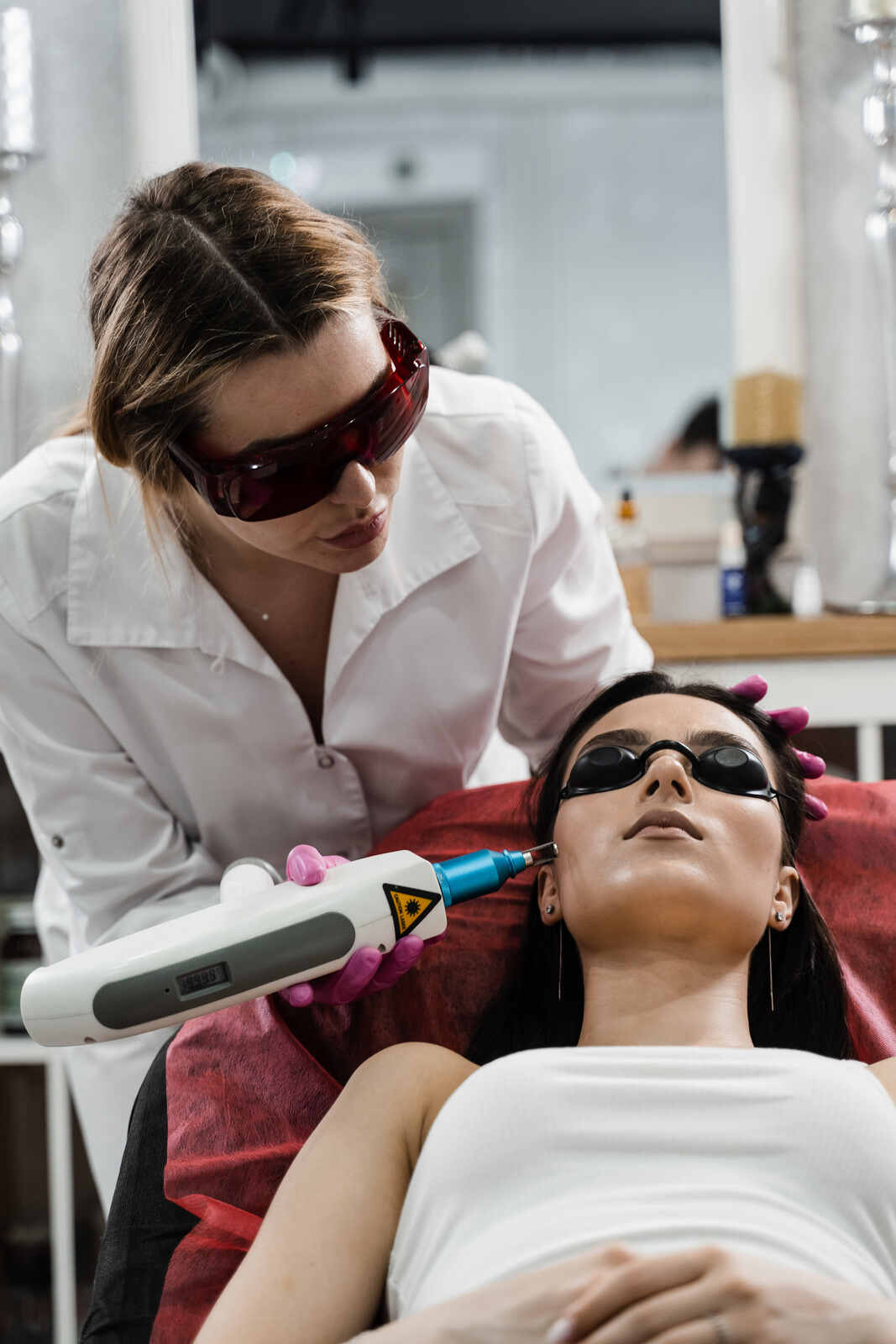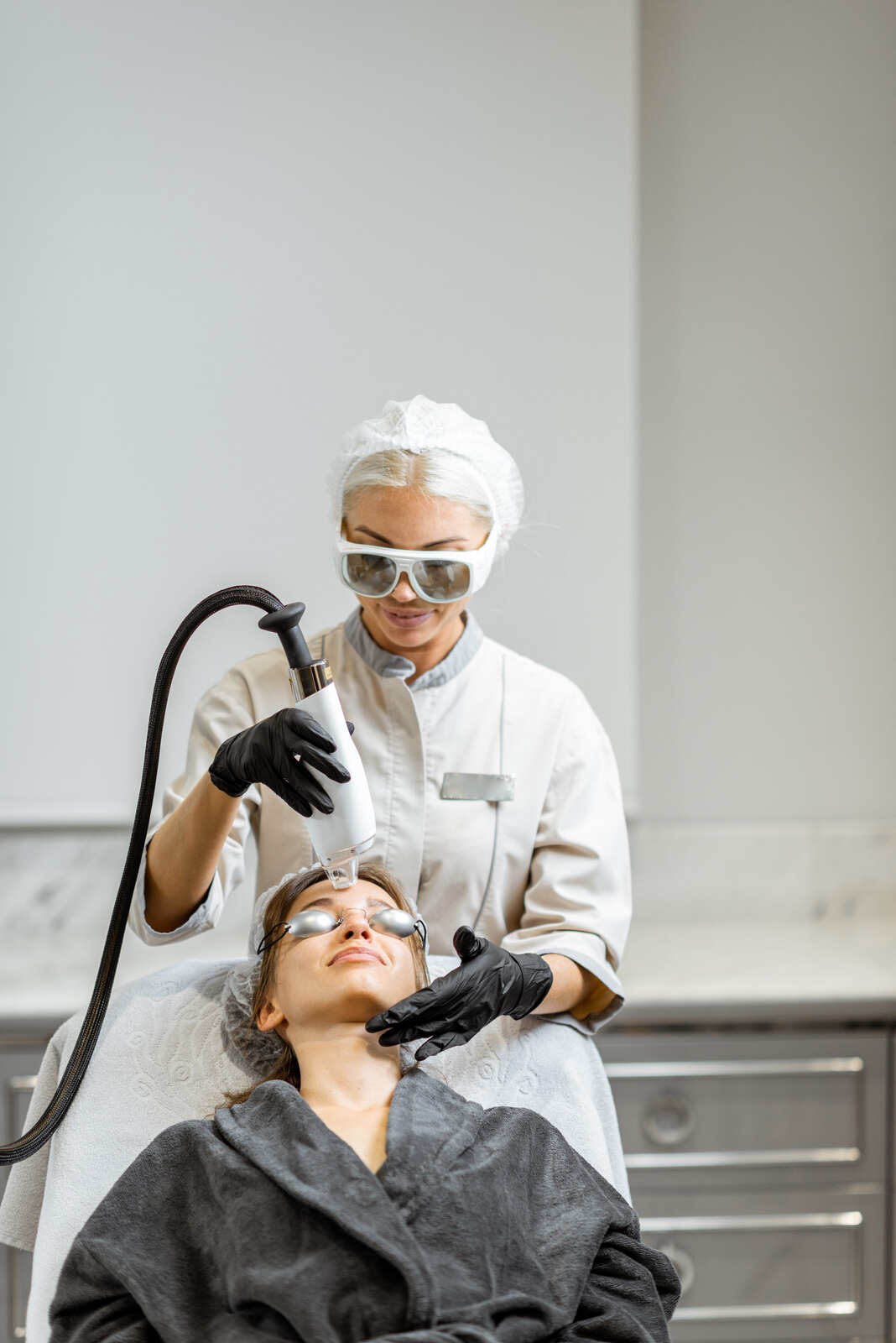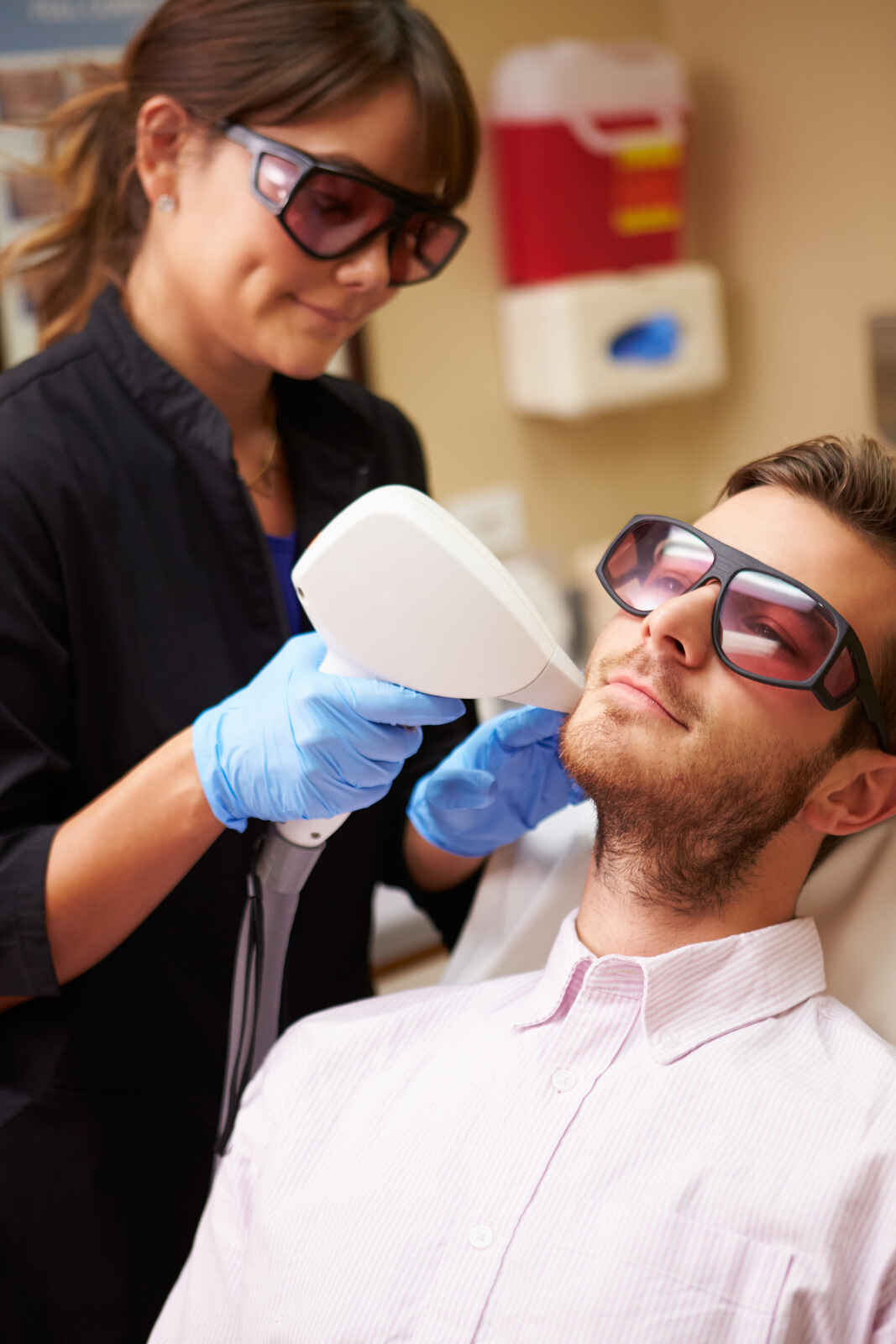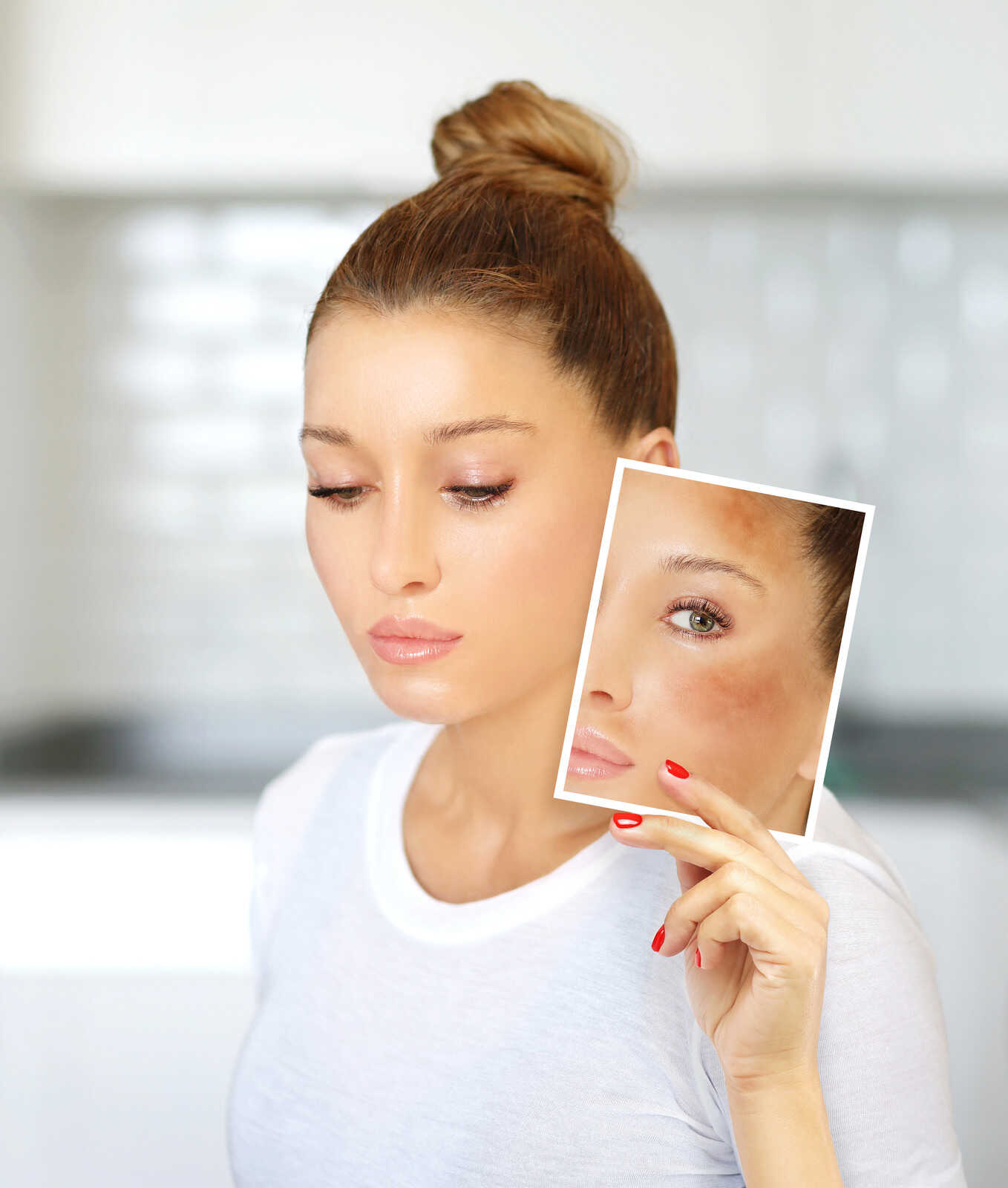Melasma Treatment: Understanding and
Managing Hyperpigmentation

Melasma is a common skin condition characterized by brown or gray-brown patches on the skin, primarily affecting the face. It is often referred to as the “mask of pregnancy” due to its prevalence in pregnant women, but it can affect anyone. Melasma treatment aims to address the underlying causes and restore an even skin tone.
Types of Melasma
- Epidermal Melasma: This type occurs in the outer layer of the skin and typically appears darker and more defined.
- Dermal Melasma: Located deeper in the skin, dermal melasma usually appears lighter and more diffuse.
- Mixed Melasma: A combination of both epidermal and dermal melasma, presenting varying degrees of darkness and spread.
Causes of Hyperpigmentation and Melasma
- Hormonal Changes: Fluctuations during pregnancy, oral contraceptives, or hormone replacement therapy can trigger melasma, making melasma treatment particularly important for pregnant women.
- Sun Exposure: UV radiation stimulates melanin production, exacerbating the condition.
- Genetics: A family history of melasma increases susceptibility.
- Skin Care Products: Certain cosmetics or medications can lead to skin irritation and melasma.
- Post-Inflammatory Hyperpigmentation (PIH): Dark spots that appear after acne, injuries, or skin irritation.

Signs and Symptoms of Hyperpigmentation and Melasma
- Brown or gray-brown patches, primarily on the face.
- Patches may be symmetrical and often occur on the forehead, cheeks, and upper lip.
Who is at Higher Risk of Developing Melasma?
- Women, particularly during pregnancy or hormonal changes.
- Individuals with darker skin types.
- Those with a family history of melasma.
- People who spend prolonged time outdoors without sun protection.
Hyperpigmentation and Melasma Treatment
Hyperpigmentation and melasma are common skin concerns caused by excess melanin production. They often appear as dark patches or uneven skin tone on areas exposed to the sun, like the face, hands, and neck. Melasma treatment aims to reduce these dark spots and restore skin radiance. Effective melasma treatment can help individuals achieve clearer, more even skin tone.
Melasma Treatment Options:
- Dermatological Treatments
- Chemical Peels: Exfoliate the skin’s top layers to reduce pigmentation.
- Laser Therapy: Targets and breaks down melanin deposits for an even skin tone.
- Microdermabrasion: Gently removes the outer layer of skin to diminish dark patches.
- Prescription Creams: Hydroquinone, tretinoin, or corticosteroids lighten pigmented areas.

- Advanced Laser Treatments
- Fractional CO2 Laser: Ideal for deep melasma or stubborn pigmentation.
- Q-Switched Nd:YAG Laser: Effective for melasma and other pigmentation issues.
- Laser Melasma Treatment can offer a more permanent solution for stubborn pigmentation, especially for cases that don’t respond to other treatments.
- Ayurvedic & Natural Remedies
- Kumkumadi Oil: Reduces pigmentation and enhances skin radiance, making it a popular choice for melasma treatment in Ayurveda.
- Turmeric and Sandalwood: Anti-inflammatory properties lighten dark patches, acting as a natural remedy for melasma treatment at home.
- Aloe Vera Gel: Hydrates and soothes, reducing pigmentation over time.
- Triphala Wash: Cleanses and rejuvenates pigmented skin naturally, providing an Ayurvedic solution for melasma treatment.
- Melasma Treatment in Ayurveda
- Herbal Remedies: Herbal ingredients like Kumkumadi Oil, licorice, and sandalwood can lighten pigmentation and improve skin tone.
- Dietary Adjustments: A balanced diet tailored to your constitution can support skin health and improve the effectiveness of melasma treatment.
- Therapeutic Treatments: Ayurvedic procedures like Abyangam (oil massage), udwarthanam (scrub therapy), and mukha lepam (herbal paste) rejuvenate the skin and are excellent for natural melasma treatment.

Why Choose Ayurveda for Melasma Treatment?
Ayurveda offers a holistic approach to treating melasma, focusing on balancing the body’s doshas, nourishing the skin, and addressing underlying causes rather than just symptoms. Melasma treatment in Ayurveda options are personalized and may include:
- Herbal Remedies: Natural ingredients such as turmeric, licorice, and sandalwood can lighten pigmentation and improve skin tone, making them excellent for hyperpigmentation melasma treatment.
- Dietary Adjustments: A balanced diet tailored to your constitution can support skin health and enhance the effectiveness of melasma treatment serum and creams.
- Therapeutic Treatments: Procedures like Abyangam, udwarthanam (scrub therapy), and mukha lepam (herbal paste) can rejuvenate the skin and complement skin melasma treatment cream applications.
Prevalence Rates of Melasma
In Hyderabad, India, melasma affects approximately 40% of women of reproductive age. Globally, it is estimated that melasma impacts 15% to 30% of women, with higher rates in populations with darker skin tones. This highlights the need for effective melasma treatment options, both dermatological and natural.
Prevention of Melasma
- Sun Protection: Use broad-spectrum sunscreen with an SPF of 30 or higher daily to protect against UV rays, which are a major trigger for melasma treatment.
- Avoidance of Triggers: Limit sun exposure during peak hours and use hats or umbrellas to protect your skin from further pigmentation.
- Skin Care: Use gentle skin care products that do not irritate the skin and are compatible with melasma treatment home remedy options.
Home Remedies for Melasma
- Aloe Vera: Known for its soothing properties, apply fresh aloe vera gel to lighten skin. This is a great choice for melasma treatment home remedy.
- Turmeric Paste: Mix turmeric with yogurt and apply it to the affected areas to lighten dark patches naturally.
- Lemon Juice: A natural bleaching agent, lemon juice can lighten dark patches (use with caution due to photosensitivity).
Melasma Treatment Home Remedy
Aloe vera and turmeric paste are natural ways to treat melasma at home. These remedies can help lighten the skin and reduce pigmentation over time, providing a gentle, non-invasive solution.
Detailed Ayurvedic Treatment and Cosmetology Procedure Options
- Ayurvedic Consultations: A detailed assessment of your skin type and imbalances to customize melasma treatment options, ensuring the most effective approach for your skin.
- Herbal Face Packs: Formulations using Ayurvedic herbs to nourish and lighten the skin, aiding in long-term melasma management.
- Panchakarma Therapy: Detoxification treatments aimed at restoring balance and health to the body, contributing to a holistic approach to melasma treatment.
- Cosmetology Treatments: Options like chemical peels and laser therapy can be combined with Ayurvedic treatments for enhanced results. If you’re seeking more intensive care, laser melasma treatment is an option for more stubborn pigmentation.
For those seeking professional assistance, consider melasma treatment near me to find local dermatologists offering best melasma treatment options, including face melasma treatment tailored to individual skin concerns.
FAQ’s
Frequently Asked Questions
What is melasma?
What causes melasma?
How can I prevent melasma?
Are home remedies effective for melasma?
What is the difference between epidermal and dermal melasma?
Are there any side effects of melasma treatments?
Potential side effects can include irritation or allergic reactions; consult a specialist before starting any treatment.
What should I do if I notice signs of melasma?
How long does melasma treatment take?
What are some Ayurvedic herbs for melasma?
Is melasma linked to pregnancy?
Fill out this form for booking online.
Make Your Appointment
Customer Service
WhatsApp Now
Subscribe Now
Ayuva Clinic


